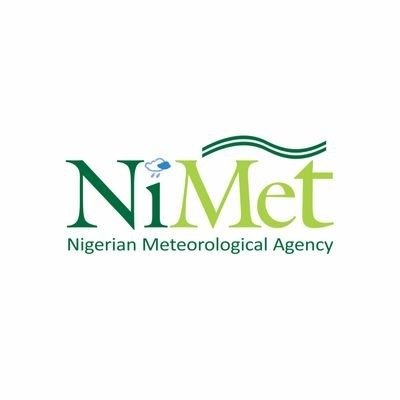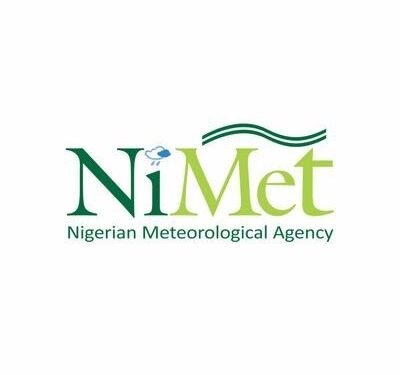Following the suspension of operations by Air Peace on Wednesday due to the ongoing strike by the Nigerian Meteorological Agency (NiMet), other domestic and international airlines in Nigeria have continued operating without disruption.

NiMet, which provides critical weather updates for aviation safety, is currently on an indefinite strike backed by three major industry unions: the National Union of Air Transport Employees (NUATE), Amalgamated Union of Public Corporations, Civil Service Technical and Recreational Services Employees (AUPCTRE), and the Association of Nigeria Aviation Professionals (ANAP).

Despite the strike, reports revealed that flight operations across Nigeria remain largely unaffected, with domestic and international carriers maintaining their schedules. Flight radar data from Thursday morning showed aircraft en route to major Nigerian cities, including Lagos, Kano, and Port Harcourt, as well as inbound international flights.
Airlines appear to be relying on alternative meteorological sources, including global aviation weather data, satellite monitoring, pilot reports, and other international systems, to continue safe operations.

United Nigeria Airlines issued a public statement on Thursday reassuring passengers of the safety and reliability of its services. The airline said it had taken proactive steps to mitigate the effects of the NiMet strike and remained fully compliant with all regulatory standards.
“Our flight planning and dispatch teams are fully equipped and working round-the-clock to ensure that all safety protocols are strictly observed, and passenger comfort remains uninterrupted,” said Chibuike Uloka, the airline’s Public Relations Officer.
In contrast, Air Peace had earlier suspended all domestic operations, citing the absence of NiMet’s Current Nowcast of Hazardous Weather (CNH) reports, which are critical for safe landings during the rainy season.

“As a safety-first airline, we have chosen to act responsibly by suspending operations until NiMet resumes full service,” the airline said, noting the risks posed by thunderstorms and heavy rainfall without official weather guidance.
The unions behind the strike accused NiMet management of failing to address longstanding issues of poor remuneration and breach of agreements reached with staff in January 2025. In a circular, they directed all employees to withdraw services nationwide from midnight on April 22, citing intolerable hardship and unfulfilled promises.
The indefinite strike raises questions about aviation safety oversight and contingency planning, but for now, most airlines continue to operate, leveraging alternative resources to maintain their schedules.









